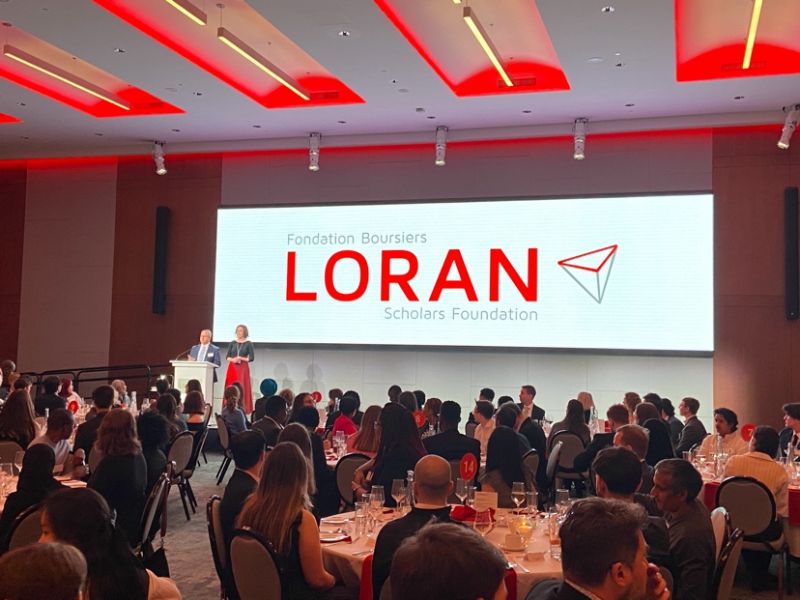My first experience with formal leadership and management was disastrous. As President of John Oliver Secondary School’s student council in grade 12, I had neither vision, nor the capacity to carry out the vision of others. I delegated with no follow-through, silently refused to help set up events that I’d petitioned for, and didn’t take responsibility for the failures that occurred as a result.
However, I thought that the act of simply achieving that position meant I had the necessary leadership qualities to be successful in my duties as President. This disconnect between my perceived leadership qualities and my actual impact as a leader became obvious to me halfway through my grade 12 year, when I flew out to Ontario to attend the final round of the Loran Scholarship selection process.

During the three days of interviews and interaction with fellow students from across Canada, I was aware of my lack of confidence in the face of the other candidate’s incredible life experiences, ranging from founding educational startups to raising money from women’s rights organizations in developing countries. Now, I don’t believe my achievements at the time were (in general) objectively less impactful compared to those of the others - I had experience with business, hackathons, student council, and volunteer tutoring. However, I still felt like an imposter amongst all those high-achieving individuals.
The reason for these feelings became apparent during the scholarship interviews. During the selection process, I believe I went through five to seven interviews - a mix of 1-1 and group - and throughout all of them, I was unable to provide concise and detailed answers to questions such as “what does leadership mean to you” or “describe a time when you lead a group to success”. In response to these questions, I waffled with 50-cent words and rambling philosophies on impactful leadership in the abstract. At the end of one interview with the partner of a high-profile law firm, he gave me a tight smile and said “stop sticking to the script”. I was dismissed with the feeling that the last half hour had been a complete waste of both of our time.
That sentence destroyed whatever lingering confidence I had in my ability to win the scholarship. The entire rest of the convention, and all the way up until I got home and received the phone call saying I hadn’t gotten the scholarship, I was in an out-of-body daze of shame. In the following weeks, I furiously reflected on what had gone so wrong, and came to realize that I’d approached those interviews so confident in my ability to spin a handful of genuinely impactful experiences into a winning story that I’d completely disregarded the reflection and analysis of whether or not I was successful in achieving concrete objectives, how I’d failed if I hadn’t, and most importantly, what how I’d learnt and grown in the process.
After that experience, I abandoned my mindset of approaching a project, job, or situation with the intention of being a “leader”. Instead, I made a conscious decision to focus on two principals - learn as much as you can from those around you, and achieve small, quantitative successes in the process. I hoped that one day, I would be able to give an answer - grounded in my own experience - to the question “what does leadership mean to you”.